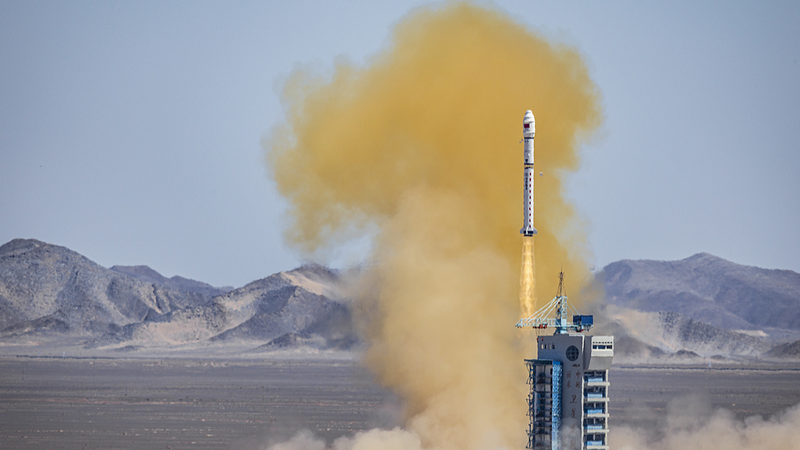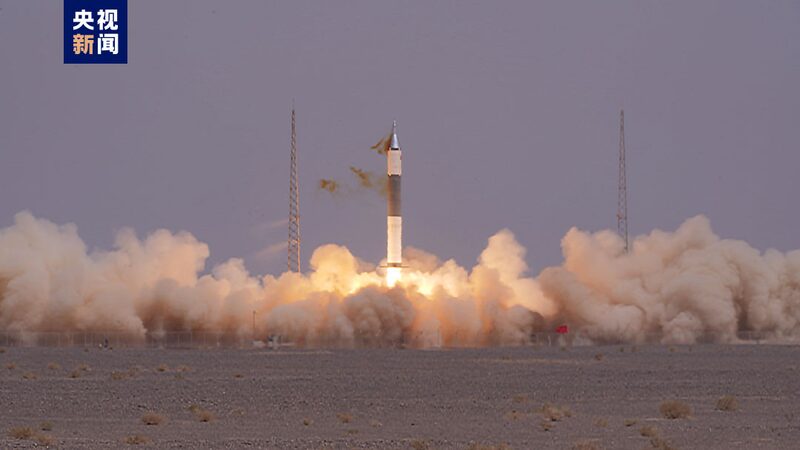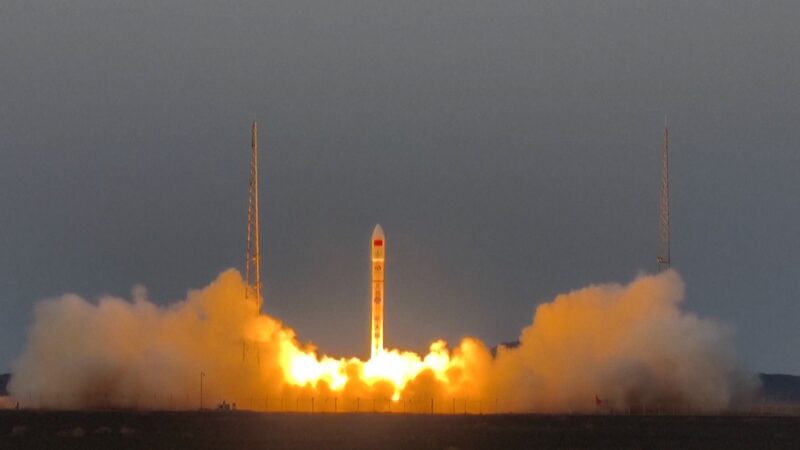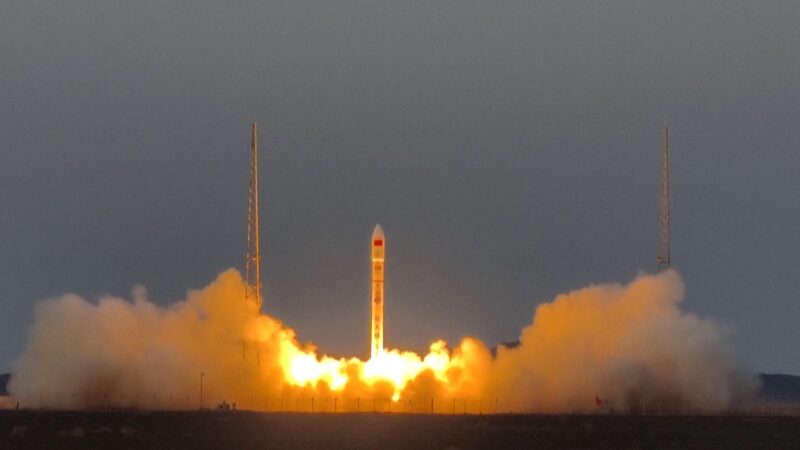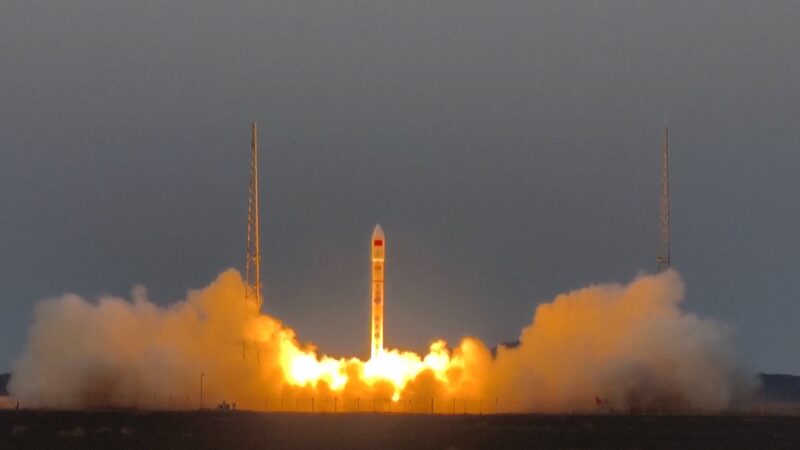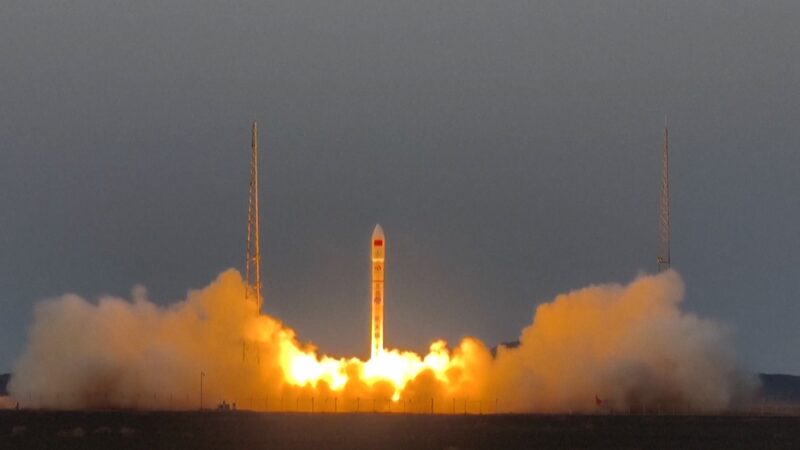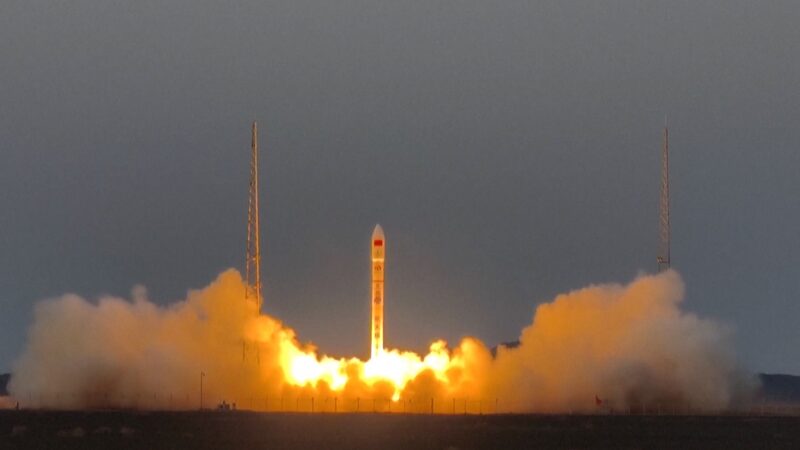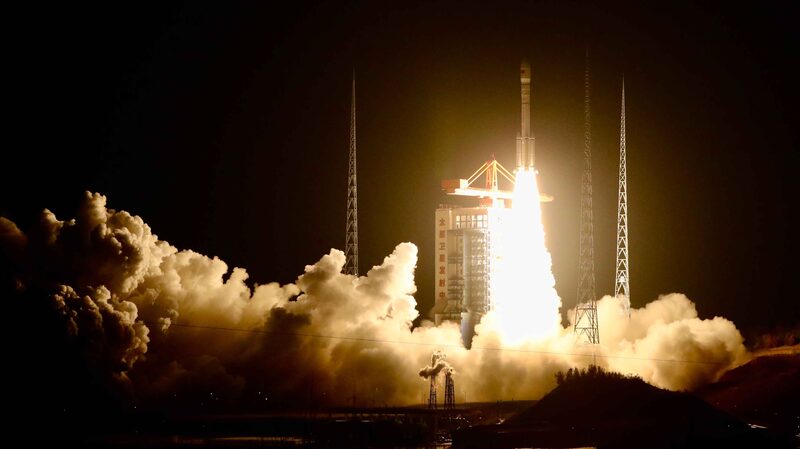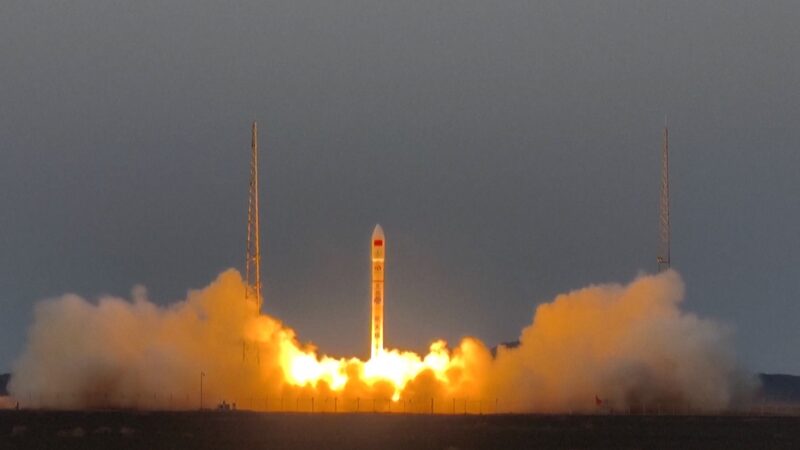China has taken a groundbreaking leap in space technology with the successful launch of its first space computing satellite constellation, comprising 12 advanced satellites. The Long March-2D carrier rocket lifted off from the Jiuquan Satellite Launch Center at 12:12 p.m. Beijing Time on Wednesday, marking a milestone in the nation’s ambition to integrate artificial intelligence (AI) with extraterrestrial infrastructure.
The constellation, developed by Zhejiang Laboratory in collaboration with global partners, is designed to perform real-time data processing in orbit. This capability addresses longstanding efficiency challenges in traditional satellite systems and could revolutionize applications ranging from Earth observation to interplanetary research. Wang Jian, a member of the Chinese Academy of Engineering and founder of Alibaba Cloud, revealed plans to expand the constellation to thousands of satellites in the coming years.
Each satellite in the initial batch is equipped with an 8-billion-parameter AI model capable of processing data from raw (L0) to refined (L4) levels. The network also features full inter-satellite connectivity, enabling seamless collaboration across orbits. Additional experimental missions include testing cross-orbit laser communication and advancing astronomical science observations.
Analysts suggest the project underscores China’s strategic push to extend its computing prowess beyond terrestrial limits. By merging AI with space infrastructure, the initiative could complement existing cloud systems and support data-heavy technologies like remote sensing, disaster prediction, and smart city development.
For investors and tech enthusiasts, the launch signals new opportunities in Asia’s rapidly evolving space economy. Meanwhile, researchers emphasize the constellation’s potential to democratize access to real-time space data, fostering innovation across industries.
Reference(s):
China launches first batch of space computing satellite constellation
cgtn.com
